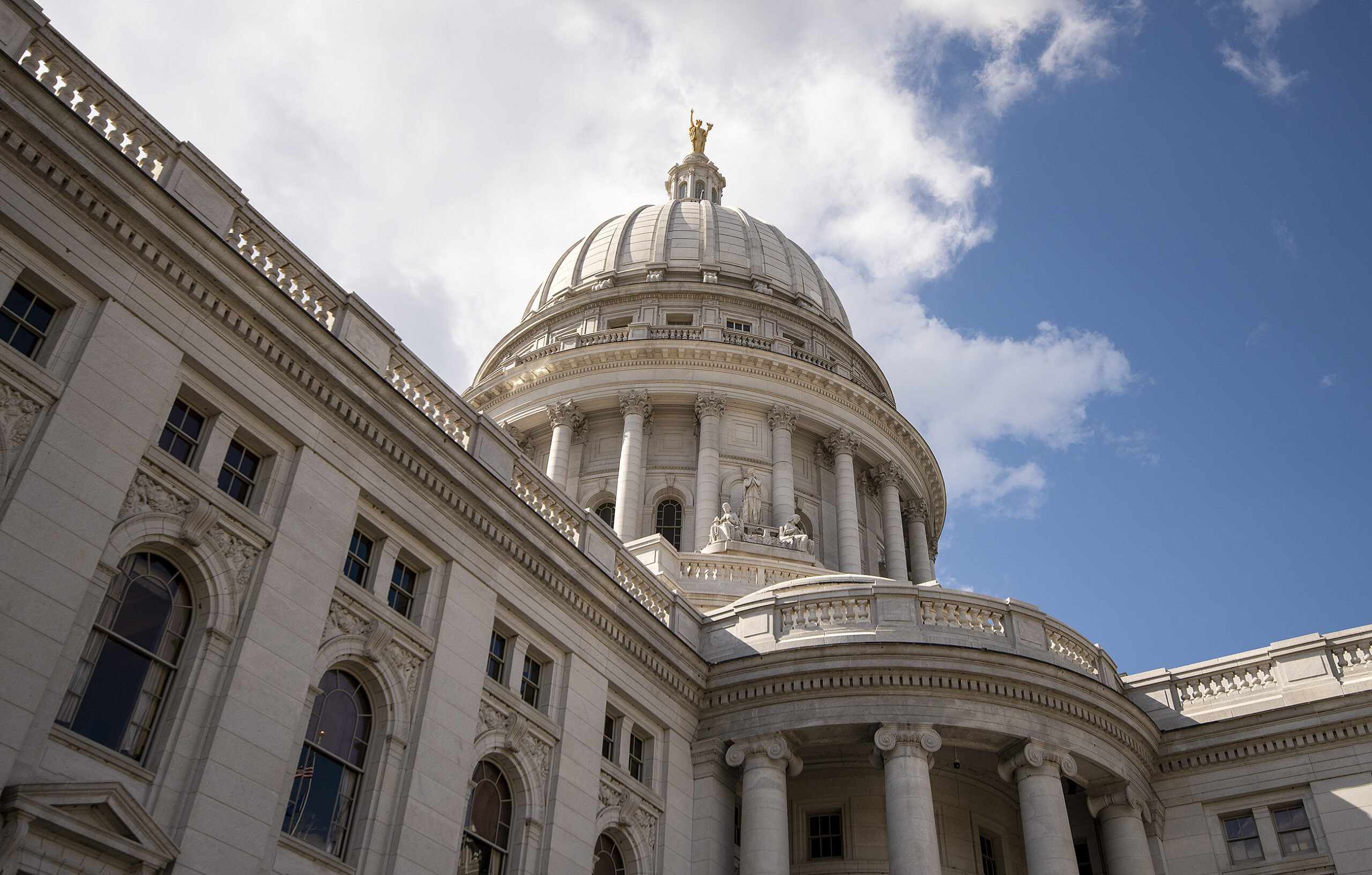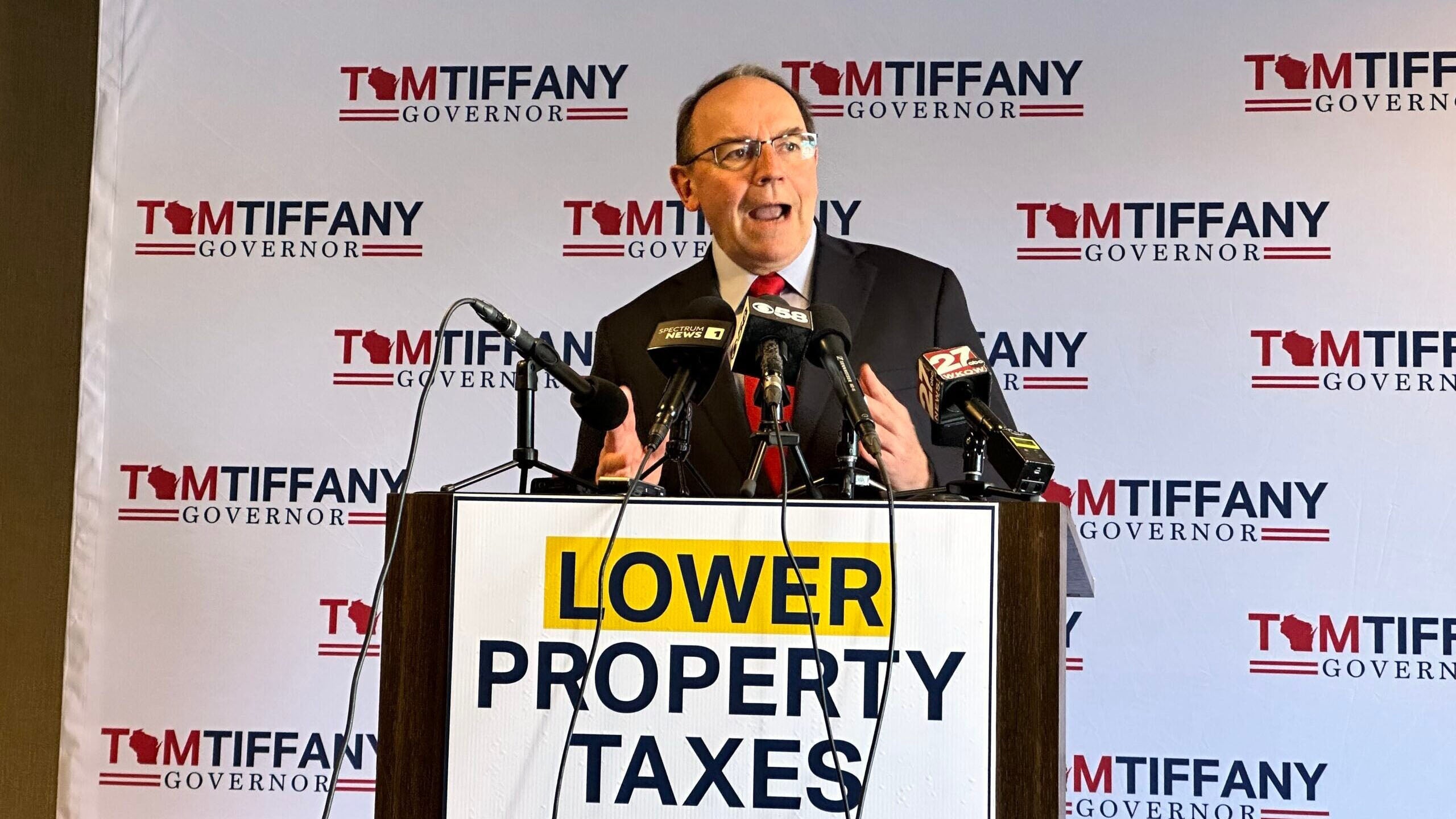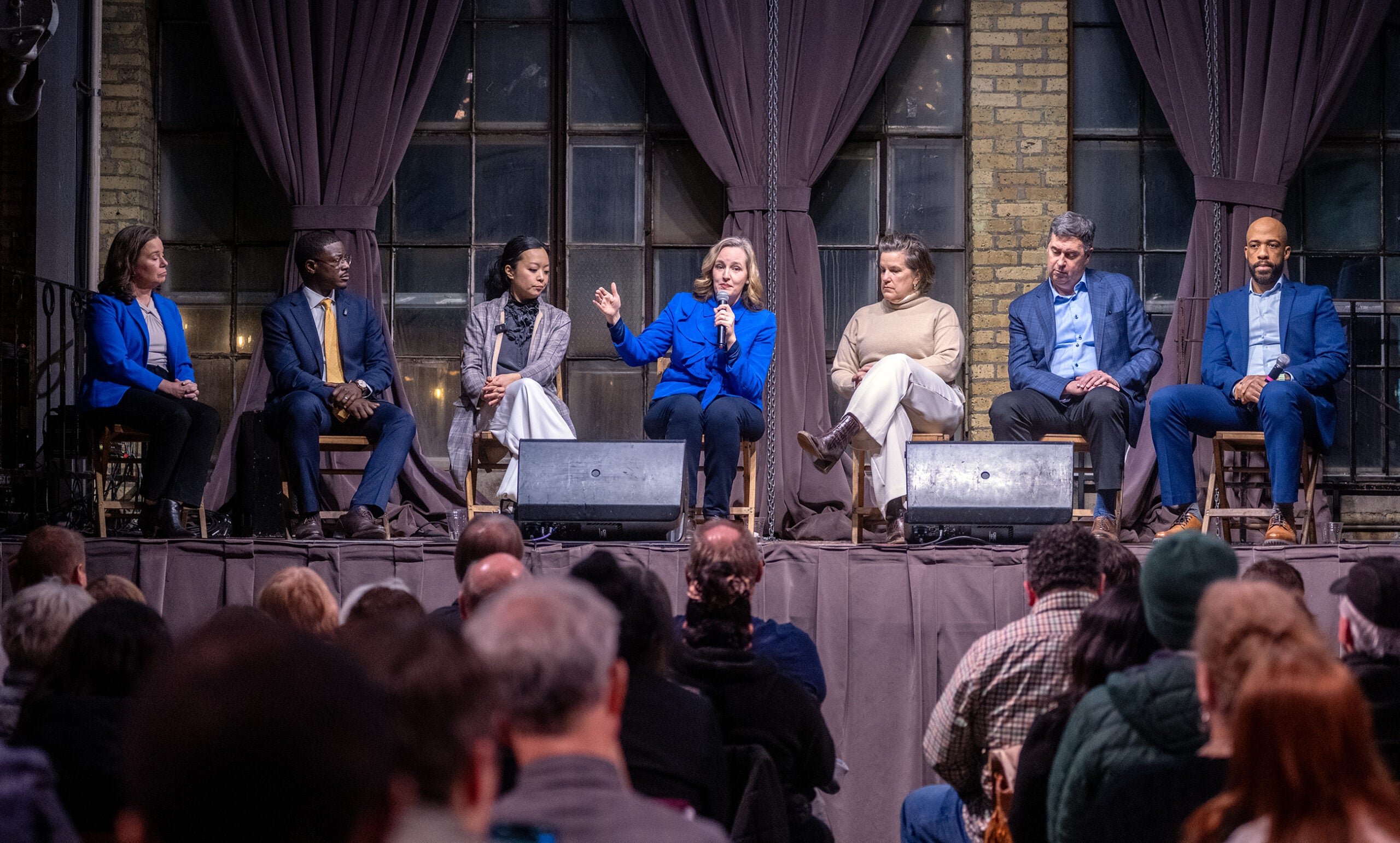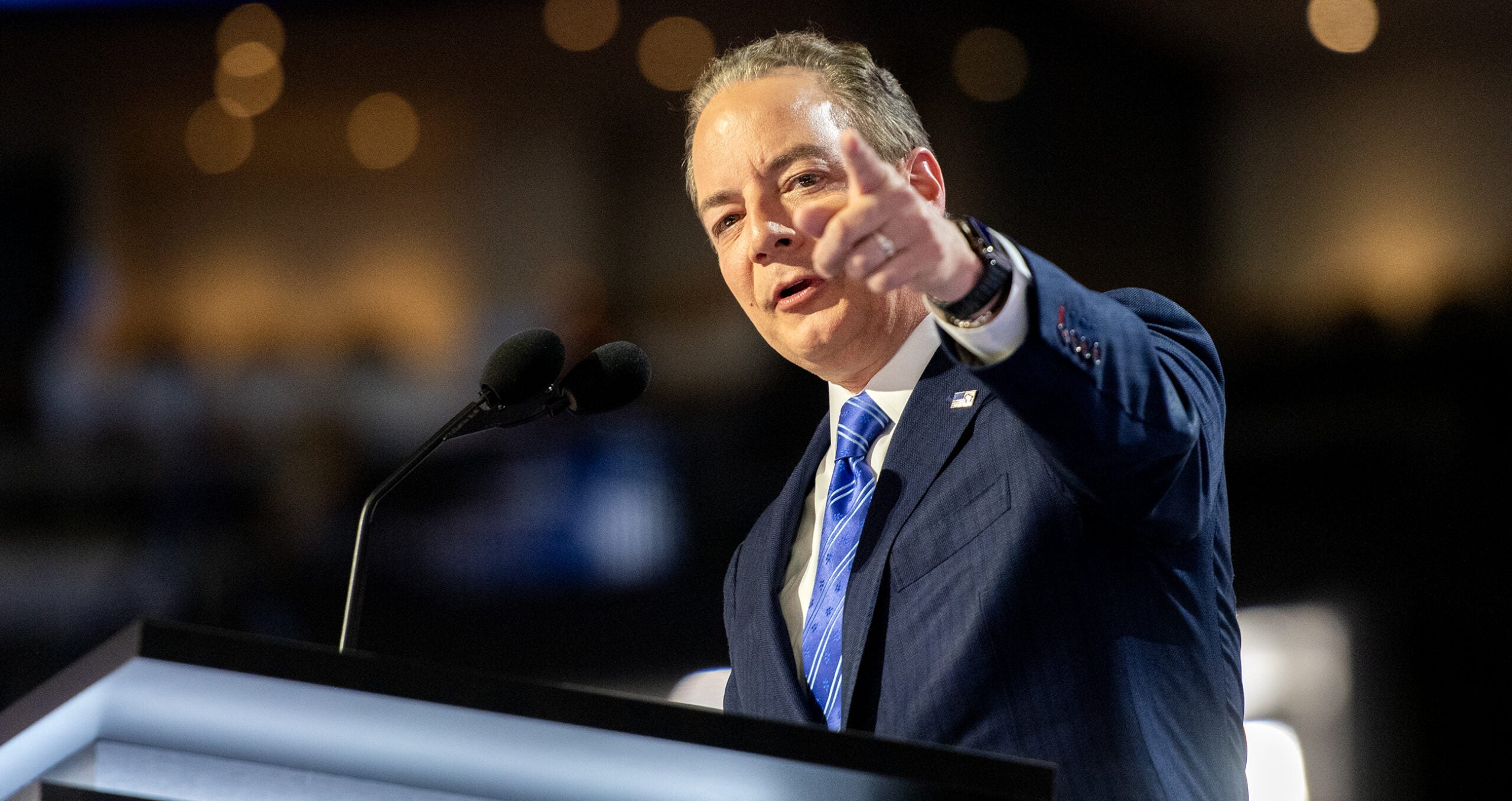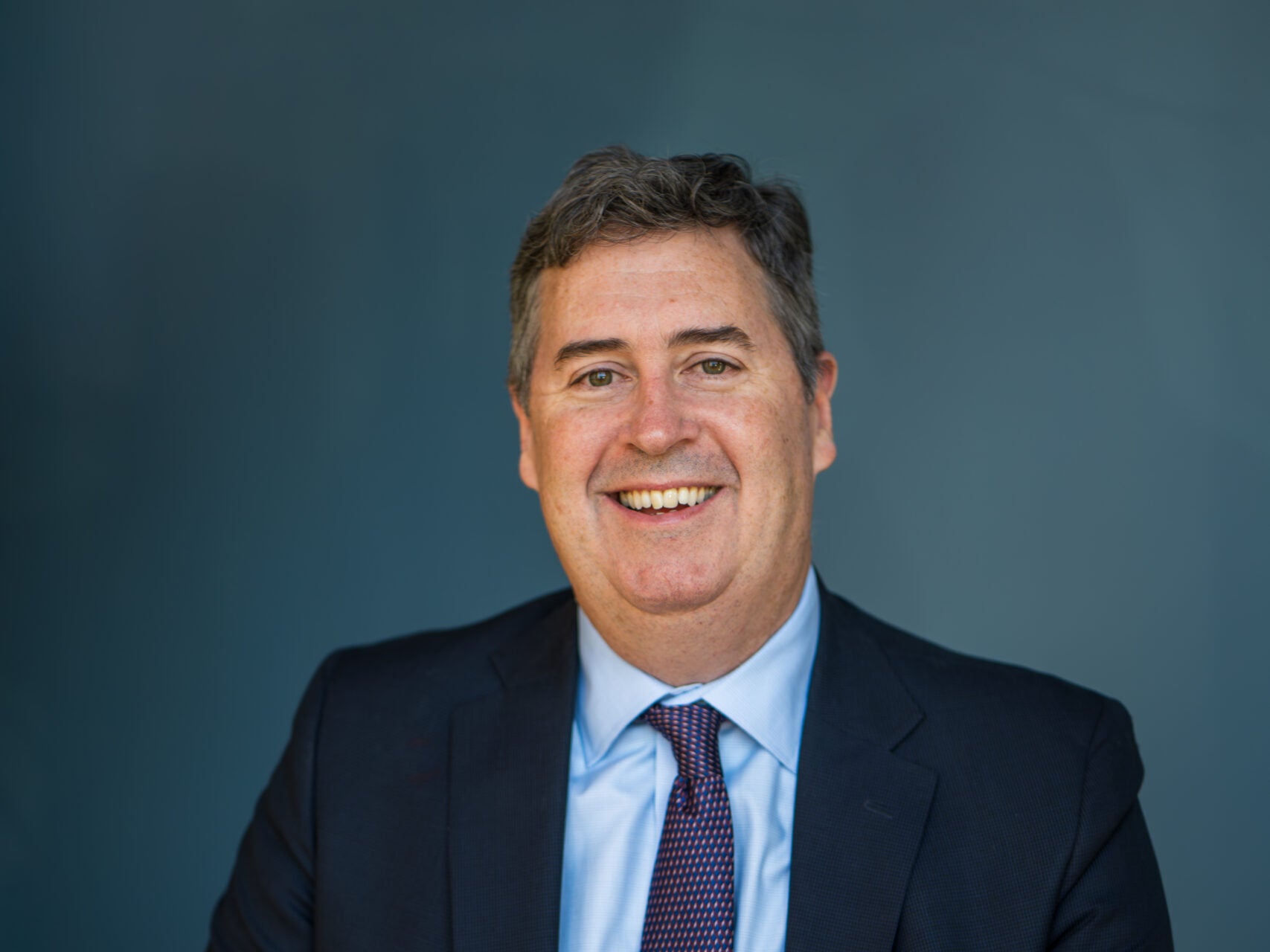The Republicans running for governor signaled varying levels of support for paid family leave during a GOP primary debate Sunday, backing a position that’s previously been supported by Democrats in Wisconsin.
But on other issues, Republicans Rebecca Kleefisch, Tim Michels and Tim Ramthun took stands that broke sharply from Democratic Gov. Tony Evers, including voicing support for the state’s 1849 ban on abortion and calling for cuts to the state budget at a time when it’s projected to have a record surplus.
Sunday also marked the first time Michels, who has shot up in the polls, has debated the other candidates after skipping an earlier event. At one point, Michels appeared confused about a question involving whether he’d offer state education incentives to immigrants who were children when they arrived in the U.S. illegally.
News with a little more humanity
WPR’s “Wisconsin Today” newsletter keeps you connected to the state you love without feeling overwhelmed. No paywall. No agenda. No corporate filter.
On the issue of paid family leave, Michels was clearer. Candidates were asked about South Dakota Republican Gov. Kristi Noem’s suggestion that paid family leave should be offered in states with abortion bans. Michels, referencing his family construction company, said he leads by example.
“At Michaels Corporation, we do provide paid leave for both the husband and the wife,” Michels said. “I will support health care and time off for mothers and fathers.”
Kleefisch said she was open to the idea.
“We also need to make sure that more people are going back to work,” Kleefisch said. “At the same time, we need to make sure that moms and dads have time to bond with their babies. That’s absolutely something that I would look at as governor.”
Ramthun said he strongly supported Noem’s idea.
“I think when we want to address societal issues — they start in at the home in the home front,” Ramthun said. “And so when you allow both parents to bond with their children and appreciate what they’ve done in their lives and to build that family and make it strong, you’ll have less issue down the road.”
Precisely how Michels, Kleefisch and Ramthun would define paid family leave is unclear. In Congress, Democratic backers of the idea typically call for tax-funded payments to workers whereas Republicans have called for other ideas, such as diverting future Social Security payments.
In Wisconsin, Democratic bills that would offer paid family leave have gone nowhere in the Republican-controlled Legislature.
The debate was produced by WTMJ-TV and moderated by Charles Benson and Shannon Sims.
Michels on DACA
Michels’ comments on Deferred Action for Childhood Arrivals, or DACA, also stood out in a primary where the candidates are working aggressively to court the conservative vote.
He was asked by Benson what kind of incentives he would offer to students to pursue education in high-demand fields, an idea Michels said he supports.
“What incentives are you talking about?” Benson asked. “And would you include that for DACA students who graduated from Wisconsin high school?”
DACA is a program created in 2012 by the Obama administration allowing young people brought to this country illegally by their parents to get a temporary reprieve from deportation. DACA recipients are also called DREAMers.
Michels’ initial answer explained the broad strokes of the incentives he favors, but he initially didn’t say where he stood on DACA recipients.
“It shouldn’t cost much at all if you want to be trained to become a welder or a machinist or a tool and die maker,” Michels responded. “This is a great investment for the state of Wisconsin to have our education train people to build things with their hands.”
“Yes or no for DACA students as well?” Benson responded.
“What kind of students?” Michels asked
“DACA,” Simms responded. “Dreamers.”
“You know, I want to look at the details on everything before I agree to anything,” Michels said.
Only Ramthun favors decertification
The debate also gave the candidates a high-profile setting to say where they stood on the idea of decertifying the 2020 presidential election, a step election law experts and the Legislature’s nonpartisan attorneys have said is impossible.
Ramthun, who made a name for himself by calling for decertification, was the only candidate to support it Sunday.
“I’m surprised I’m the only one,” Ramthun said.
Michels said he would not make it a priority.
“It’s not a priority,” Michels said. “By the time I get sworn in in January, we’ll have already started the 2024 election cycle.”
Kleefisch was also asked if she would make decertification a priority.
“No,” Kleefisch said.
Still, she criticized the way the 2020 election was run.
“I have said in the past that the 2020 election I feel was rigged,” Kleefisch said.
A call for budget cuts despite surplus
All three Republicans signaled support for cutting the state budget a despite projected surplus totaling in the billions. Details, however, were sparse.
Kleefisch has pledged that she would support a flat tax if elected, moving away from Wisconsin’s longstanding progressive income tax. She said she eventually wants to eliminate the income tax altogether, which would cut state revenue dramatically.
“My goal is to eventually eliminate the income tax that will require some sacrifices in government,” Kleefisch said.
Michels said the state needed to be more fiscally conservative, suggesting he’d do that by reviewing every state agency on a regular basis.
“They’re not going to know what hit them. I know how to do this. That’s why we need more businessmen in government,” Michels said.
But when asked about his own budget priorities, Michels’ answer was vague.
“I want to do election integrity. I want to reduce crime. And I want to make sure that we have education reform,” Michels said.
Ramthun said the projected surplus showed the state was taxing too much, but later in the debate he suggested a way the state could use that money to offset local property tax dollars.
“I would like to push very hard to eliminate the tax levy for schools on our property taxes,” Ramthun said. “We talked earlier about a surplus. It’s a transformational time for our state, and for our nation, to think out of the box.”
Candidates don’t attack each other
Given how negative the Republican campaign for governor has turned elsewhere, the debate was relatively calm.
It seemed like Kleefisch might go on the attack early on when she gave Michels a not-so-subtle dig for skipping their previous debate.
“Tim, thank you for being here,” Kleefisch said to Ramthun. “Tim, thank you for showing up tonight,” she said to Michels.
But that was largely it for fireworks.The candidates instead focused on attacking Evers.
All three said they supported Wisconsin’s 1849 ban, which does not include exceptions for rape or incest. None of the candidates volunteered adding any kind of exception to the law, although when asked, Kleefisch said the ban did not restrict care for miscarriages.
“Abortion is illegal,” Kleefisch said. “Ectopic pregnancy treatment and miscarriage treatment are not abortions.”
Evers’ campaign issued a statement following the debate, saying Republicans had shown they were too radical for Wisconsin.
“The stakes in this race could not be higher,” said Evers campaign manager Cassi Fenilli. “We can either go down a path where radical politicians divide our communities and our rights are no longer guaranteed. Or we can choose to continue doing the right thing for our state.”
The primary for governor is Aug. 9.
Wisconsin Public Radio, © Copyright 2026, Board of Regents of the University of Wisconsin System and Wisconsin Educational Communications Board.

